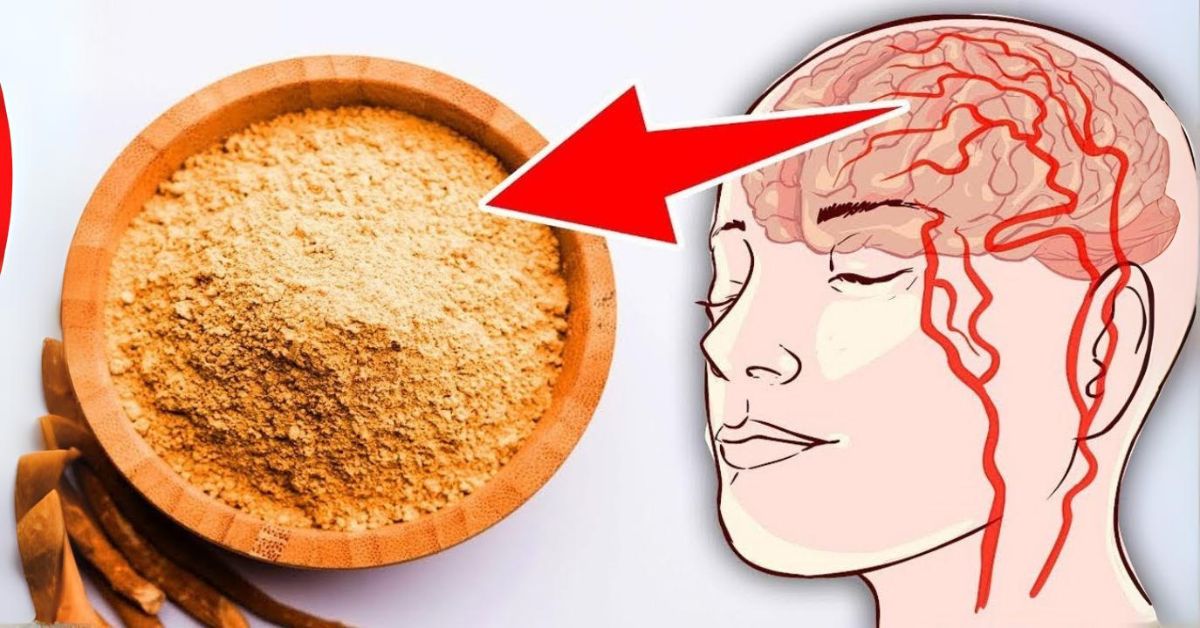The Best Ayurveda Tips For Recovery From Cold And Flu This Monsoon. The diseases and illnesses common during the rainy seas can severely impact people’s health and well-being. The season is associated with an increased risk of cold and flu, which is made worse by weather patterns and environmental factors. Common monsoon illnesses like the flu and Cold can be avoided and recovered from by having a healthy immune system, getting prompt medical attention, and practicing excellent cleanliness.
In addition, several Ayurvedic treatments might hasten your recovery from colds and flu. These are a few efficient Ayurvedic treatments for the monsoon season cold and flu.
Herbal Remedies for Cold and Flu
Turmeric: Benefits and Preparation Methods
- Curcumin, the active mixture in turmeric, is well known for its strong anti-inflammatory, antiviral, and antioxidant qualities, which makes it a great treatment for cold and flu symptoms.
- To make turmeric tea, boil a cup of water, add a teaspoon of turmeric powder, let it simmer for ten minutes, strain, and add a pinch of black pepper to sweeten the absorption of curcumin. You can also count a teaspoon of honey to enhance turmeric’s taste and healing properties.
Tulsi and Honey: Properties and Preparation
- In Ayurvedic medicine for Cold, tulsi, also known as holy basil, is highly valued for its antibacterial and immune-stimulating qualities. It lowers fever, eases sore throats, and clears congestion. A handful of fresh Tulsi leaves should be boiled in two cups until the water is reduced by half to produce Tulsi tea. After straining the mixture, stir in a teaspoon of honey.
- Honey enhances the health benefits of tulsi by adding sweetness and antimicrobial qualities. Drink this calming tea twice daily to relieve cold and flu symptoms efficiently.
These Ayurvedic Treatment for Cold and flu are easy to prepare and offer natural, practical relief during the monsoon season.
Indian Home Remedies for Cold and Sneezing and Indian Home Remedies for Cold in Infants

-
Spices and Condiments
Because of its antimicrobial qualities, cloves can be eaten or added to warm liquids to help relieve sore throats. Rich in antioxidants, cinnamon strengthens immunity and can be added to food or cooked into tea.
-
Steam Inhalation and Gargles
Inhaling steam is an efficient strategy for reducing nasal congestion and calming irritated airways. Cover your leader with a towel, add a few drops of boiled water and eucalyptus oil, and take ten to fifteen deep breaths.
Eucalyptus oil aids in inflammation reduction and nasal channel opening. Try saltwater gargles, which involve dissolving half a teaspoon of salt in warm water, gargling for 30 seconds, and then spitting to relieve sore throats. This easy technique provides immediate relief by killing bacteria and reducing throat pain.
Manage Ayurvedic Remedy for Cough and Ayurvedic Tablet for Fever and Cold

You can employ these methods to fight the infection in complement to the medicine and syrups.
-
Tulsi Tea to Attack Fever and Congestion
Tulsi, one of the purest plants, is the most effective Ayurvedic herb for conditions including inflammation, colds, and coughs. Its antiviral and antibacterial qualities help prevent infections by lowering fever. Additionally, research has shown that tulsi possesses antipyretic and anti-inflammatory properties.
-
Ginger Tea to the Rescue
Ginger is well recognized for stimulating the appetite, igniting the digestive fire, and cleaning the body’s microcirculatory channels. Zinc, salt, amino acids, and vitamin C are abundant in ginger tea. Slow digestion is also known to be stimulated by it. Ginger tea should be avoided, though, by those who have ulcers or inflammatory skin disorders.
-
Salt Water Gargle
The best way to relieve congestion and throat itch is to gargle with a large gulp of warm salt water. In addition to relieving sore throats, gargling with salt water lowers the risk of bacterial and viral infections, such as strep throat and the flu.
-
Breathe and Stretch
If you’re feeling ill, light yoga can help you feel better. When you are ill, doing vigorous yoga may irritate you. You will also benefit from mild stretching if you are stiff.
-
Light Ayurvedic Massage
The traditional healing method is predicated on the idea that your skin contains several sensory neurons that may naturally cleanse you. Massaging yourself with certain oils can heal chronic infections, increase immunity, and calm the nervous system. The best Ayurvedic college in Kerala, the School of Ayurveda and Panchakarma, has professionals who can teach you more about traditional Ayurvedic massage.
-
Turmeric Paste
According to Ayurveda, turmeric strengthens the immune system. It is rich in curcumin, which has antiviral qualities. Thus, it effectively combats the flu. Mix raw honey and turmeric powder at the first hint of flu. Take one spoonful of the paste every several hours.
-
Sun to Boost Immunity
Sunlight has numerous benefits for your immune system. Vitamin D3 stimulates proteins that strengthen the immune system. To ensure adequate vitamin D3, spend some time outdoors or take 2,000 to 5,000 IU of vitamin D3 daily.
-
Ashwagandha
It is an adaptogenic plant that strengthens the immune system and lowers stress. Another option is to eat the entire root after meals. It will certainly aid in the fight against the illness.
But before taking any medications, don’t forget to speak with a specialist.
-
Light & Nourishing Diet
A bad cold or flu can weaken your immune system, making it extremely difficult to combat the invader. Eating a healthy, light diet is crucial for preventing illnesses. Chyawanapravash will boost your immunity and vitamin C levels.
-
Clean Cooking
Eating well is the greatest way to fight colds and the flu. Make an effort to drink a lot of liquids and broth. Avoid foods like meat, dairy, and sticky bread that are hard to digest. Our Kerala Ayurvedic school provides the appropriate courses to help you learn more about Ayurveda’s holistic methods.
FAQ
What are some Common Ayurvedic Remedies for Colds and Flu?
Some Ayurvedic remedy for cold and the flu include warm beverages, herbal supplements like ginger and turmeric, pranayama, or breathing techniques.
How can I Control Getting Sick with Ayurvedic Medicine for Cough Practices?
Ayurvedic treatment for cough and cold illness prevention include:
- Eating a balanced diet.
- Drinking plenty of water.
- Maintaining proper cleanliness.
- Getting adequate sleep and exercise.
What does Ayurveda say about Cold?
The common Cold is referred to as pratishyaya in Ayurveda. Your body’s three doshas are all at blame in this situation. Symptoms of a cold caused by the vata dosha include a dry cough, runny nose, and mucous discharge. Due to pitta dosha, a cold is accompanied by fever, sore throat, and a blocked nose.
How do you Treat Cold and Sinus in Ayurvedic?
Holy basil, sometimes called tulsi, is known for its sinus-relieving properties. Tulsi successfully treats the underlying cause of this illness by balancing the Kapha and Vata doshas. Because of its anti-inflammatory and decongestant qualities, tulsi helps those who suffer from sinus congestion, heaviness, and headaches.






